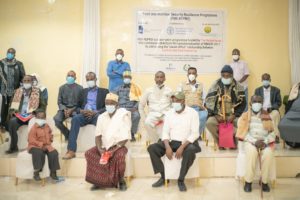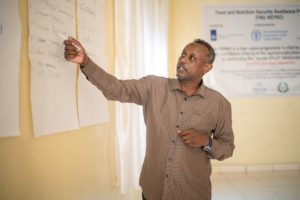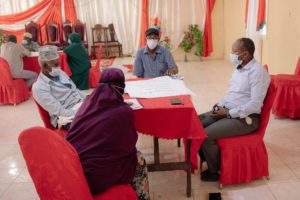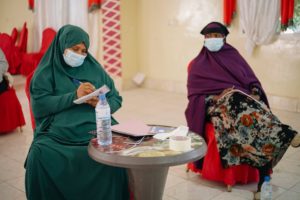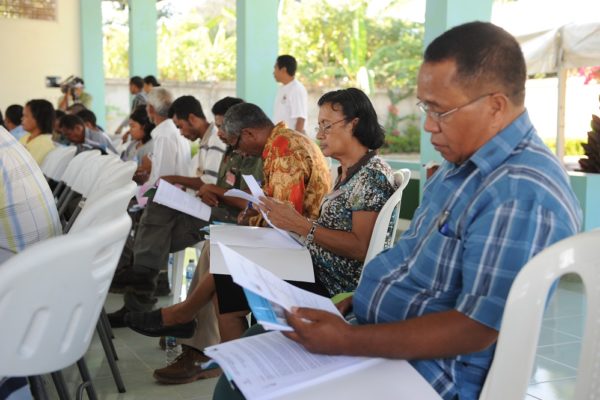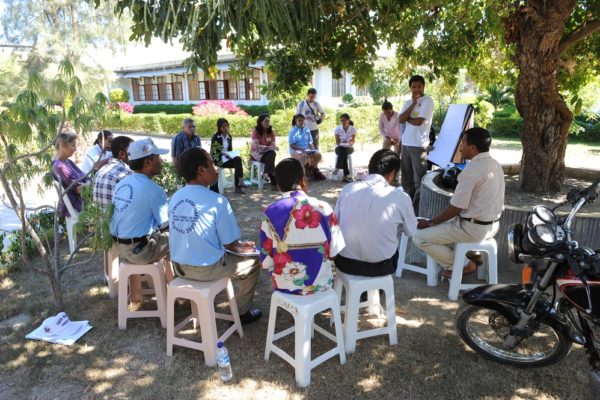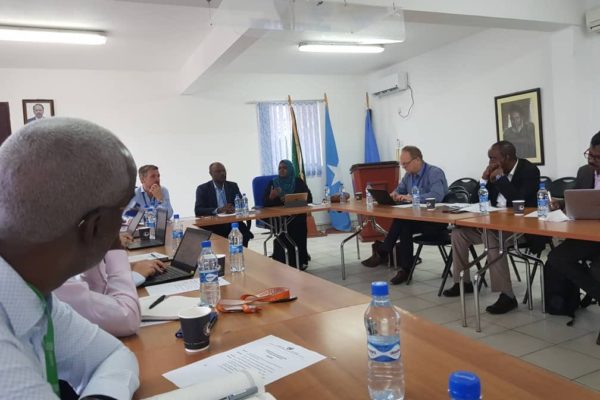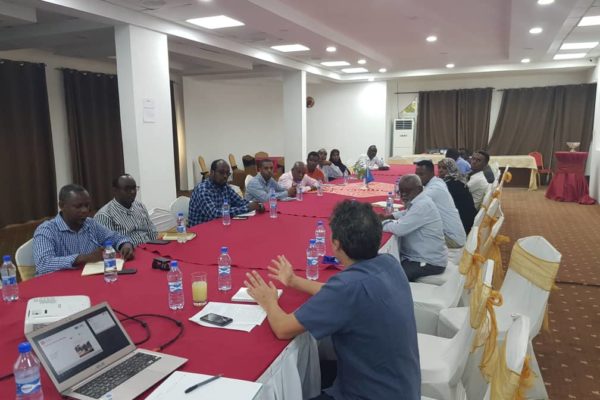Building food system resilience and supporting sustainable peace – A story from Somaliland
Despite relative stability, Somaliland continuous to grapple with multiple shocks and threats, including recurrent acute food insecurity and conflict over limited natural resources, especially grazing areas and water points in Sool and Sanaag regions. While livestock production makes up the backbone of Somaliland’s economy, droughts, land degradation and underdeveloped fodder value chains, severely impact food security, nutrition and overall well-being. Conflict in the region has driven food insecurity and conflict-induced hunger, by destroying agricultural land, farms and infrastructure, all crippling the economic stability. The recurrent need for humanitarian interventions demonstrates that resilience of the population and their food system is low, and responses are often not sufficient nor sustainable. Interventions to improve food security and nutrition can contribute to building resilience and maintaining peace.
Training on conflict prevention and resolution: A joint enterprise by the Food and Agriculture Organization of the United Nations (FAO) and Interpeace
In 2020, Interpeace through its primary partner in Somaliland, the Academy for Peace and Development (APD), and in collaboration with FAO, jointly conducted a training aimed at building the capacity of traditional and local leaders in conflict prevention and resolution. This training formed part of FAO’s wider Food and Nutrition Security Resilience Programme (FNS-REPRO), which aims to employ livelihood and resilience-based approaches to foster peace and address food insecurity in protracted crises.
- Photo credit: Interpeace
The conflict prevention and resolution training emerged out of the recommendations from a previously conducted multi-disciplinary context analysis, which helped the FAO Somalia team to identify the key conflict drivers in Sool and Sanaag, some of the least stable regions of Somaliland and among the worst affected by food crises. The analysis underlined the competition over scarce resources (land, water and pasture) as a key driver. Traditional leaders and elders were identified as playing a key role in both the management and instigation of resource-based conflicts.
The training sessions took place over the course of six days and included over 30 participants, representing the local communities of Sool and Sanaag. It intended to strengthen participants’ understanding of conflict, to train participants in conflict prevention and resolution processes and increase their awareness on the need towards finding more sustainable solutions to conflict. Following Interpeace’s participatory and inclusive approach, the training championed more inclusive approaches in the resolution of conflict beyond the role of traditional leaders and elders.
- Photo credit: Interpeace
Interpeace's strategic engagement with the Food and Agriculture Organization of the United Nations (FAO) to enhance conflict-sensitive and peace responsive programming
The work in Somaliland is a recent activity as part of the strategic partnership between the FAO and Interpeace. In 2017, FAO and Interpeace signed a Memorandum of Understanding – renewed in 2020 - with the overall goal of developing, promoting and strengthening joint programmes and initiatives in support of FAO’s contributions to sustaining peace and conflict prevention. Based on this framework, FAO and Interpeace have collaborated, both at the institutional and field level, in the design and development of projects that are more peace responsive.
Interpeace’s work on peace responsiveness includes working with development and humanitarian actors to enhance their ability to operate in conflict-affected or fragile context to be more conflict sensitive and to deliberately contribute to peace through their technical programming. Based on a whole-of-systems approach, it advocates for all aid actors to start working on conflict in a way that enhances collective impact, across different fields or sectors, and focusses on already existing resilience and peace capacities in a society.
